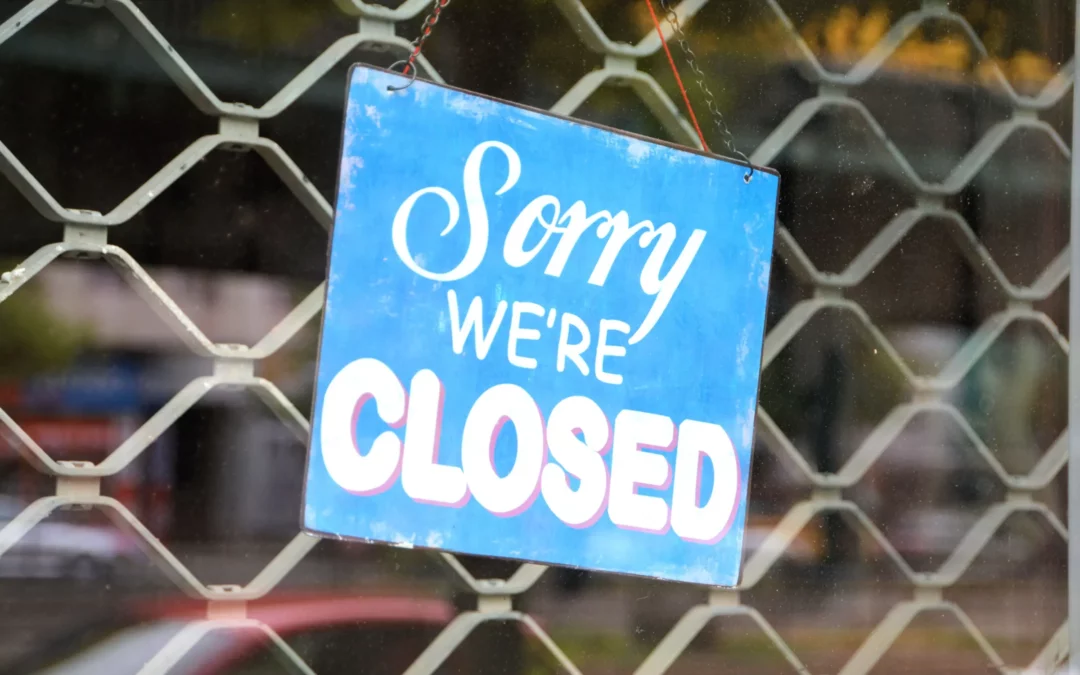As Insolvency practitioners, one of the most common and costly mistakes we see directors make is continuing to trade their business whilst insolvent.
Whilst noticing some of the warning signs of insolvency can be difficult, it is nonetheless an important obligation of a director to prevent insolvent trading in Australia. This is set out in the Corporations Act 2001 (Cth), which specifically requires that directors take all “reasonable steps” to prevent the company from trading while insolvent.
However, for many directors what can be considered a “reasonable step” is unclear and can vary greatly. As such we’ve determined the following actions as key steps to follow for directors wishing to prevent insolvent trading:
- Establishing a system of financial management which includes:
- Keeping proper records of all company transactions;
- Regularly monitoring the company’s financial position; and
- Staying up to date with statutory liabilities.
- Developing a contingency plan for an insolvency event.
- Seeking and listening to professional advice if there is any doubt as to the company’s financial position or ability to repay its debts. This can be from an accountant, lawyer, or other trusted advisor. It is important to be honest about your situation with these professionals to obtain the best possible advice.
- Taking steps to ensure that the company does not incur further debts if there is any doubt as to the company’s ability to repay them. The best way to stay on top of this is to be always aware of the financial health of your company. If cash flow and credit lines begin to dry up, it may be time to take a step back and reassess your options rather than try and push through.
- Ceasing trade or otherwise taking reasonable steps to minimise further losses to creditors in the event of insolvency. If ceasing trade or any other action will help minimise the loss to your creditors, you should do so immediately. Showing a liquidator or other authority that you took action in the best interests of creditors can be a key deterrent from insolvent trading liability.
It is important to note that the responsibility to prevent insolvent trading is imposed on individual directors and not just the company. Failure to meet these responsibilities can result in civil and criminal liability for the directors depending on the extent and severity of the insolvent trading. Therefore, it is important for directors to ensure that they are aware of their responsibility and are taking all reasonable steps to prevent insolvent trading.
If you have any further questions about director responsibilities surrounding insolvent trading, or would like to discuss other steps and strategies that you can take to avoid liability. Please contact our offices on 1300 904 946 or email enquiries@rriadvisory.com.au to arrange an obligation free appointment.
Disclaimer
This information and the contents of this publication, current as at the date of publication, is general in nature to offer assistance to RRI Advisory’s clients, prospective clients and stakeholders, and is for reference purposes only. It does not constitute legal or financial advice. If you are concerned about any topic covered, we recommend that you seek your own specific legal and financial advice before taking any action.
